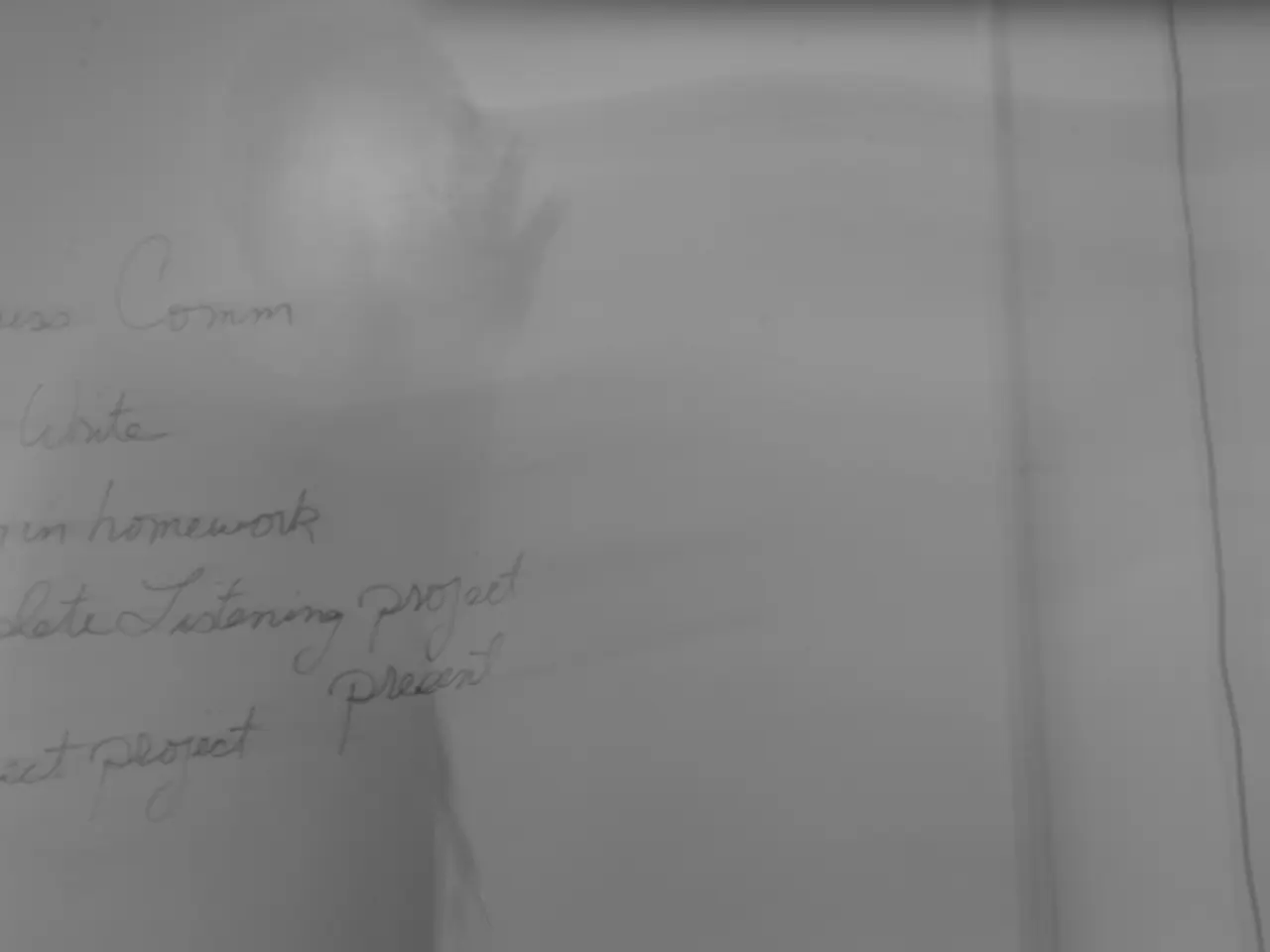Historical Misinterpretation by Beijing Regarding Taiwan
The United States has reiterated its commitment to support Taiwan in the face of military, economic, legal, and diplomatic pressure from China. This stance was recently reinforced by the American Institute in Taiwan (AIT), which rebuked a Chinese official for mischaracterizing World War II-era agreements as proving that Taiwan was ceded to the United States.
The roots of this dispute can be traced back to World War II. When Japan surrendered in 1945, Chiang Kai-shek, the leader of the Republic of China (ROC), accepted the surrender in Taiwan. While the ROC assumed administrative control, sovereignty remained unresolved. The San Francisco Peace Treaty of 1951, which required Japan to renounce its claim to Taiwan, did not specify a recipient of sovereignty, leaving Taiwan's legal status unresolved.
The Cairo Declaration, a joint statement of intent issued by the US, the UK, and the ROC in 1943, called for Japan to return territories it had seized or occupied since the beginning of World War I, including Taiwan. However, neither the ROC nor the People's Republic of China (PRC) were invited to sign the treaty, and neither is mentioned in the document.
The PRC's claim to Taiwan is based solely on succession, a claim undermined by the lack of any treaty transferring Taiwan to the United States' control. The historical record is clear: No postwar document grants sovereignty over Taiwan to the PRC, while the ROC has exercised effective governance on Taiwan proper and outlying islands since 1945.
Taiwan is a functioning state with its own government, armed forces, currency, and elections, home to 23 million people. The Treaty of Taipei, signed between the ROC and Japan in 1952, reiterated these renunciations, but did not specify a recipient of sovereignty.
The US opposes any unilateral attempt to alter the 'status quo' in Taiwan, particularly through coercion or force. The Department of State affirmed that the AIT remarks reflect Washington's long-standing position: Taiwan's political status remains undetermined.
Allowing Beijing's assertions about Taiwan to go unchallenged risks eroding Taiwan's international space and the principles of self-determination that underpin the global order. The US continues to support Taiwan, upholding the principles of peace and stability in the region.
Read also:
- United States tariffs pose a threat to India, necessitating the recruitment of adept negotiators or strategists, similar to those who had influenced Trump's decisions.
- Weekly happenings in the German Federal Parliament (Bundestag)
- Southwest region's most popular posts, accompanied by an inquiry:
- Discussion between Putin and Trump in Alaska could potentially overshadow Ukraine's concerns







